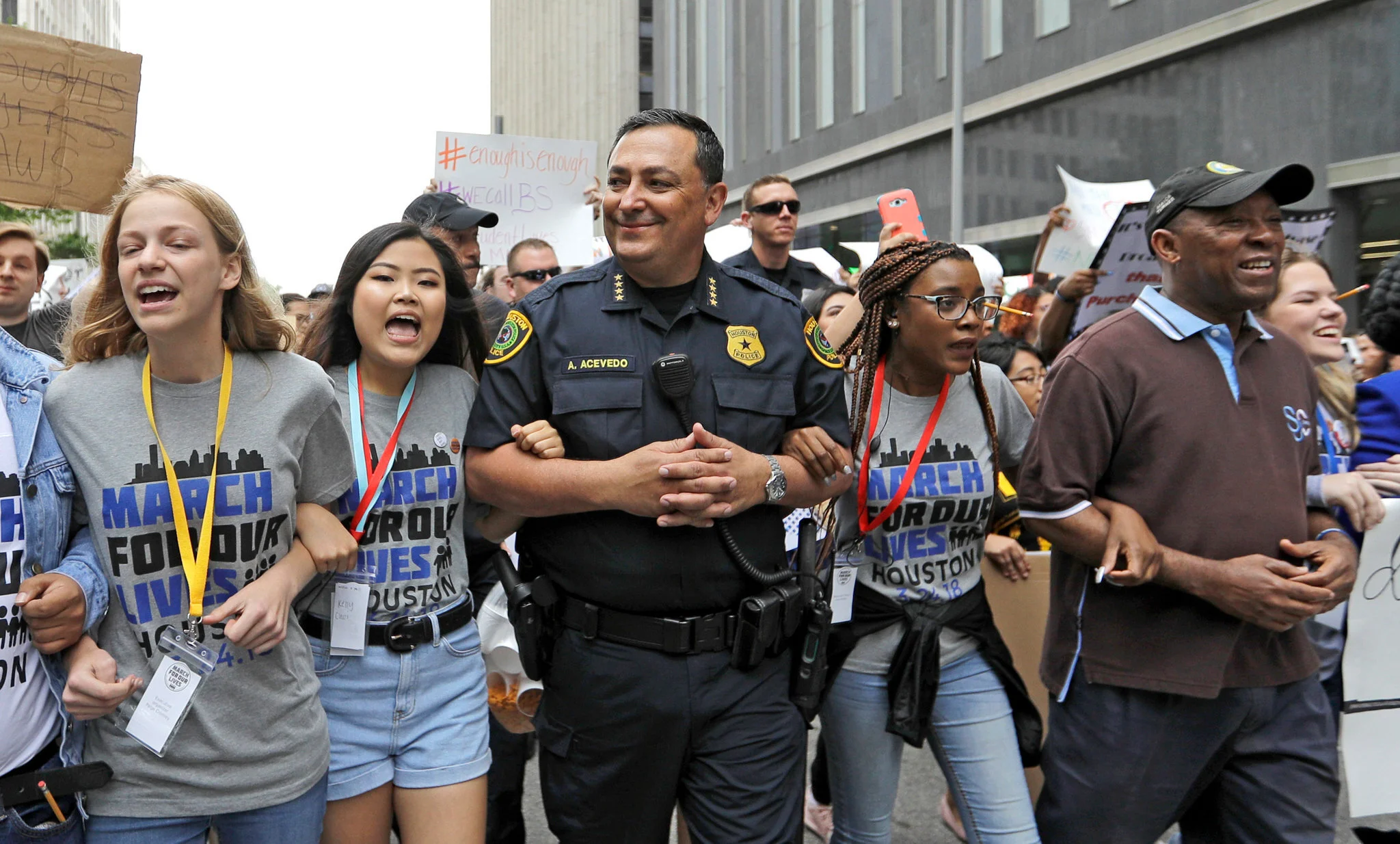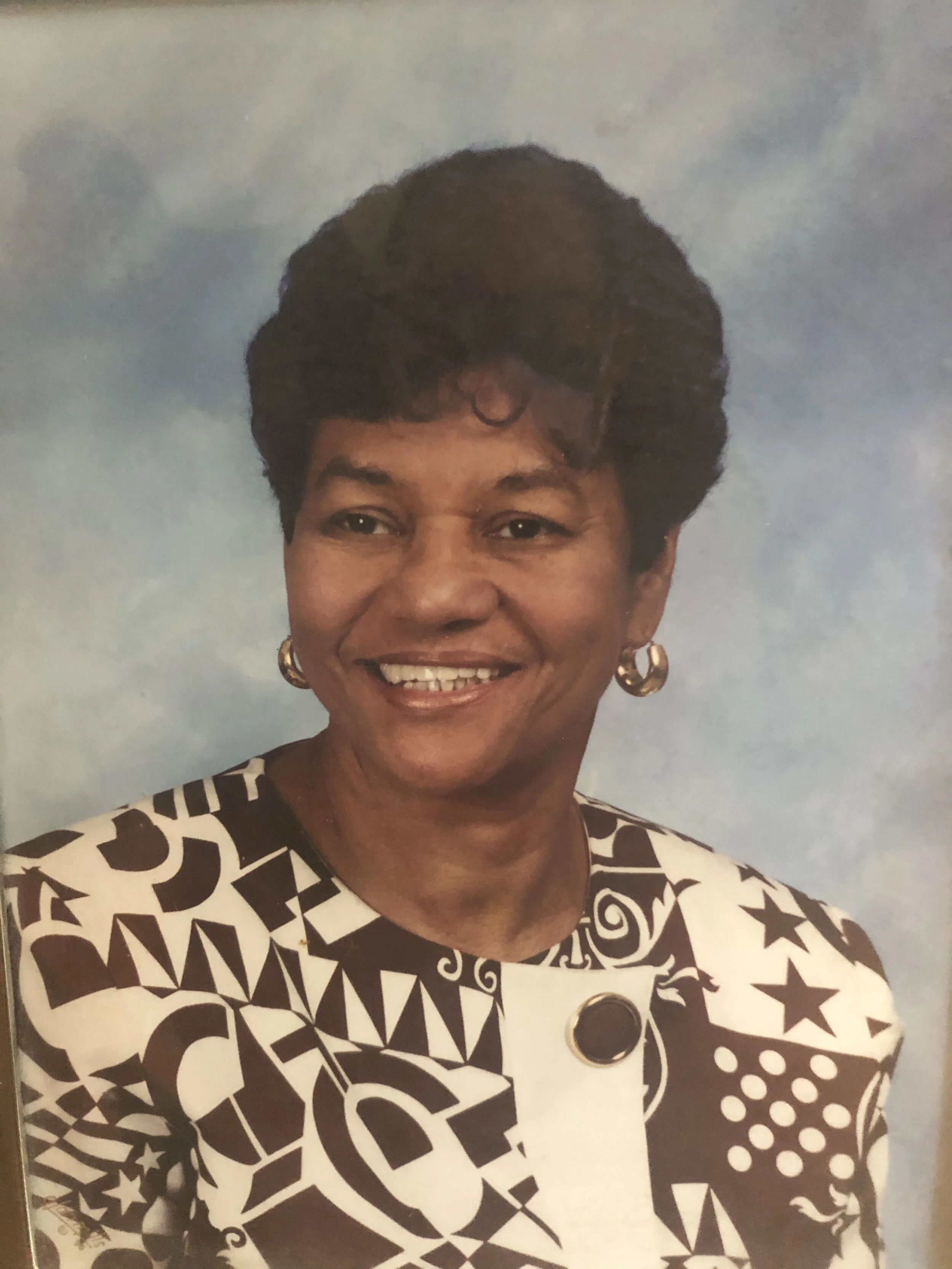The Power of Presence
Presence is being in the moment, but it is also simply just being.
It is summer of 2020 and our global society is seemingly at a crossroads. People are demonstrating in the streets for justice, equality and even free speech. Some are holding hands with brothers and sisters in arms, people who are different in background, color or ethnicity. Unity has been found across divides that no longer divide and one might reasonably ask, “How did we get here? Why now?” The easy answer is that something was caught on tape, some atrocity was laid bare, and deniability by an often-distracted public had no choice but to acknowledge the sorry state of injustice in America. However, some form of video has captured injustice by those in authority for many years—decades even. I’m sure many will remember Bloody Sunday—the march on Selma, Alabama (1965), or the Rodney King affair, Los Angeles (1991), to name just two. Why, then, did it take an incident in 2020 to bring a unified front to demand reform? I believe any answer on this subject is mere speculation, though we can hazard some guesses that will at least provoke thought.
Martin Luther King Jr notably stated, “The arc of the moral universe is long, but it bends towards justice.” It is an oft quoted aphorism intending to convey that whatever the current struggles, worry not, things will be okay someday hence. There are some, like Chris Hayes, that disagree. He opined in Think, an NBC online periodical, that the arc needs bending with force to bring justice to the oppressed. It is hard to argue with this addendum. History is replete with atrocities against humanity not just centuries ago, but in the twentieth century as well. There has seemingly been little evidence of a bend toward justice.
When one is suffering the plight of injustice on a daily level, it’s easy to ascribe meaning where it wasn’t intended. For some, “Bending toward justice” is a hopeful expectation they will see the better days on the horizon and, hopefully, partake in it themselves. But did King intend a political bend, or was it spiritual. It may be that justice comes in an afterlife, not an earthly life. It is helpful to remind ourselves, that King borrowed that famous quote from another minister-abolitionist, Theodore Parker, who’s sermon in 1853 proclaimed, “I do not pretend to understand the moral universe. The arc is a long one. My eye reaches but little ways. I cannot calculate the curve and complete the figure by experience of sight. I can divine it by conscience. And from what I see I am sure it bends toward justice.” Parker’s version makes clear that achieving justice is likely a multigenerational experience, if not a spiritual one. Your eyes won’t see it in the distance—they can’t see that far, but it will come, rest assured.
Interestingly, what Parker doesn’t say is how that justice comes about; is it benevolent or is it a power grab. I suspect it is both. Our history in America tells us that that part is true. Freedom and justice have rarely if ever come simply through benevolence: American independence, the American Civil War, women’s suffrage, civil rights, LGBTQ rights, and the list goes on. But history also tells us that benevolence is still needed. Rarely has justice come solely through force and sustained itself through force. Military conflagrations may be the exception in this matter, but on a social justice level, I believe benevolence is a requirement for justice to take root and to thrive, creating a new fabric that we can take for granted.
So, one might logically ask, then, how does one engender benevolence from our neighbor? I would say it starts by just being present. Being there, imposes on someone else a formative experience of dispelling all stereotypes and seeing the real. Presence challenges our inclination to take the easy road, to get our information about others from oral or written tales, or video media that is all too often, simply wrong. Our cultural need to fit in and feel good about ourselves makes telling tales that denigrate others, an all too easy tool to salve our insecure humanity. The 2019 movie Jojo Rabbit by Taika Waititi, based on Christine Leunens's 2008 book Caging Skies, bears witness to this fact with a deft combination of satire and comedy addressing Nazi propaganda against Jews. Jojo’s character is all of ten years-old and is a willing canvas for anti-Jew stereotypes that have become the popular norm among his peers. Meeting a teenage Jewish girl that his mother is hiding from the Gestapo, however, forces him to reëvaluate his social constructs and eventually dispels the stereotypes that had been de rigueur.
Being there, the power of presence, is a passive experience, to be sure, but its very passivity is the means to its magic. This subtle revolution must exist if any social change is to have a lasting impact. If the arc of the moral universe is a bend toward justice, any assertive bending of that arc must be in tandem with the power of presence.
Martin Luther King Jr made another observation that can be seen as a corollary to his comments on the moral universe, “…morality cannot be legislated, but behavior can be regulated.” He intended to suggest that to achieve a moral universe one must widen people’s moral circle, essentially the circle of people that we care about enough to treat with kindness. Sometimes, however, you need legislation to simply give people the opportunity to let presence work its magic. When the treatment of people outside one’s moral circle becomes toxic, that is, life threatening, then there is a need for disruptive protest, or “good trouble”, as John Lewis prescribed, to bring about necessary legislation to “regulate behavior,” as King articulated. Lasting change, however, requires a change of heart, which we can’t legislate. That requires the subtle protest of the power of presence.
I’ve had many experiences in this arena of life but one in particular resonates as an edifying example. The year was 1981 and I was fortunate to be invited to a medical school interview at a prestigious institution in mid-Manhattan, New York. There were twenty of us that day vying for the hundred or so spots in the ‘82 fall class. The large library hall we were assigned to wait in spanned some hundred feet long by fifty feet wide. It was essentially a large room; we were only twenty. As such, we spread out, each of us meandering around looking at ornate furniture, art, or books on shelves. No one spoke to anyone. We were nervous and did not need the stress of sizing ourselves up against the competition. I found myself staring at a picture on a wall when I was accosted by another applicant who made it his mission to intercept and verbally assault me during what should have been my opportunity—and his, to destress and prepare for a rare life-changing opportunity. Instead, there we stood, facing each other, him expressing his displeasure with my presence. I was the only applicant of color in the room and my presence alone meant I measured up to him. It was a reality not to his liking. It irked him so, that instead of taking the last few minutes he had to mentally prepare for his interview, he had to confront a reality that did not conform to his stereotype. I didn’t belong. At the time, such effrontery was a shock to me. I lived in a mostly white community, my best friend during childhood was Italian, and I was employed at a local grocery store by a white couple that always treated me like their son. I had the added benefit, or handicap, that my parents were immigrants, so warnings of the American racial culture was nonexistent. My circle was thankfully benign.
The aggrieved applicant could not find it in himself to stand alone and meditate on his own possible success. The other nineteen or so applicants, however, chose to do just that, focus on themselves. They may have felt the same as the applicant who accosted me, but they may not have. They may have had a friend of color in their neighborhood, or sat next to someone in college, or quite possibly, maybe had a family member who was different. In short, their moral circle may have included me. I believe the answer to, “Why have we now, in 2020,” crossed the divide of our differences and unified in a common front against injustice, the answer would be we have reached a critical change in the moral circle of our community. It has widened just enough to include more of the people we live amongst every day.
I sometimes thought of my detractor and the arc of his career. Did he later have a medical student in his class that was different? Did he have a medical professor of color? I had a few. Did he have colleagues of color later in his career that he was forced to rely on? Did my first power of presence begin his social education, a widening of his moral circle? I’ll never know. Mine was to keep my head down and do what I do. If my presence changed lives, then so be it. All I needed was laws to protect me so my presence could work a subtle revolution for change. I have never demonstrated in the streets, but I like to think I have changed the arc of the universe for the better.
© Eric Clark 07/09/2020
Photo: unsplash.com





